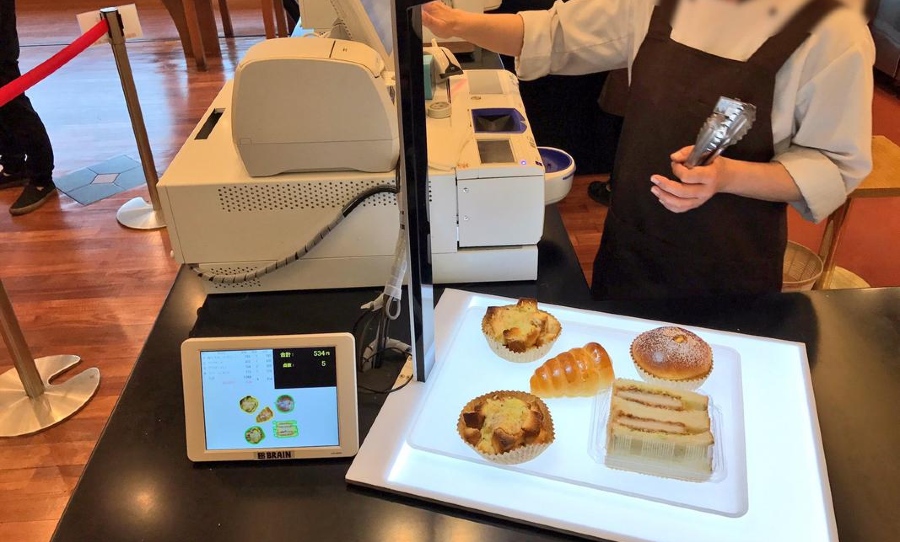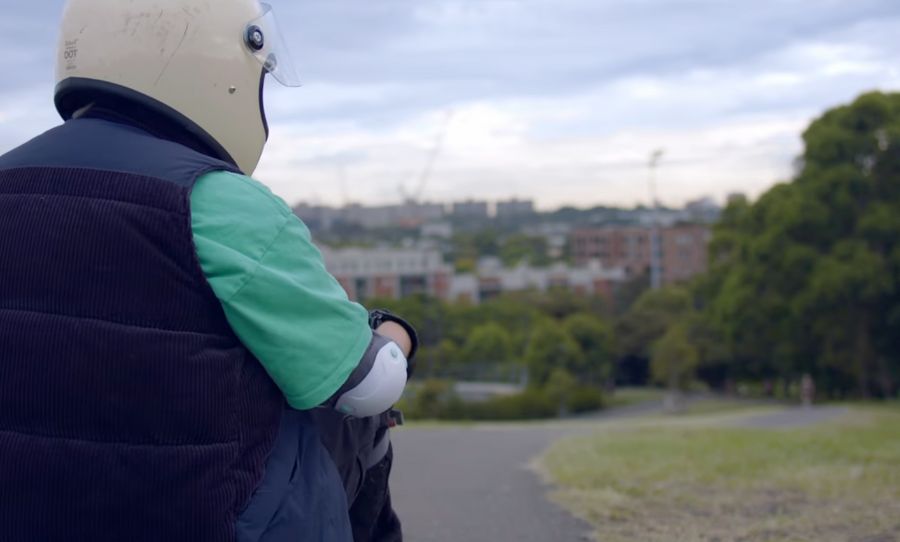AI technology designed to tell the difference between baked goods is revolutionising the way we do cancer research.
Who would have thought? Cancer cells apparently look like bread!
You read that right – and that’s exactly why AI company Brain has taken the technology of a bakery shop to revolutionise the way we do cancer research.

BakeryScan, which was first discovered in a pastry shop in Ueno Station, Tokyo, has been used to detect croissants from doughnuts. But who would need such a thing? Is this neoliberalism run amok?
No. Of course not. It’s actually pretty unique for this shop, which prides itself on offering one of the largest – if not THE largest variety of baked goods, all through this unique self-service system.
So, with over 55 ‘naked’ sweets on offer (none of these sweets contain bar codes) the time was eventually going to come that some kind of technology would have to be implemented to accurately charge customers for what they were buying.
And that’s exactly what BakeryScan does. Taking inspiration from a 2013 technology known as AlexNet, the system similarly uses what’s known as ‘deep learning’ to scan the properties of objects and identify them accordingly.
But now the technology is being used for cancer research?
How did this happen?
The story goes something like this: a doctor at the Louis Pasteur Center for Medical Research, Kyoto, apparently watched a news segment about BakeryScan and had an epiphany: ‘My God, that bread looks like CANCER!’. Maybe he was allergic to bread, because I don’t many of us would have been able to make that comparison.
But here we are. Shortly after his little revelation, our friend contacted Brain co. and had them develop a new version for cancer pathologists. The new version, rebranded as AI-Scan, is able to identify interesting features in images, including incorrectly wired bolts in jet-engine parts. Talk about innovation!
BakeryScan, an AI system that identifies donuts, croissants and the like, is taking over cash registers at a Tokyo shop pic.twitter.com/XzzQKZNIFI
— Reuters (@Reuters) July 2, 2019
Specifically, the pathologist version is now known as Cyto-Aiscan. It basically measures the nucleus in urinary cells on microscopic slides, and is able to identify diseased cells with 99 per cent accuracy. Amazing!
Yet with all these fancy updates and you know, revolutionising cancer research, it’s still ultimately the same technology as the original BakeryScan – meaning the bakery industry and medical industry are not so different after all.
So far, BakeryScan has been purchased by over 400 retail shops for a whopping $20,000.



